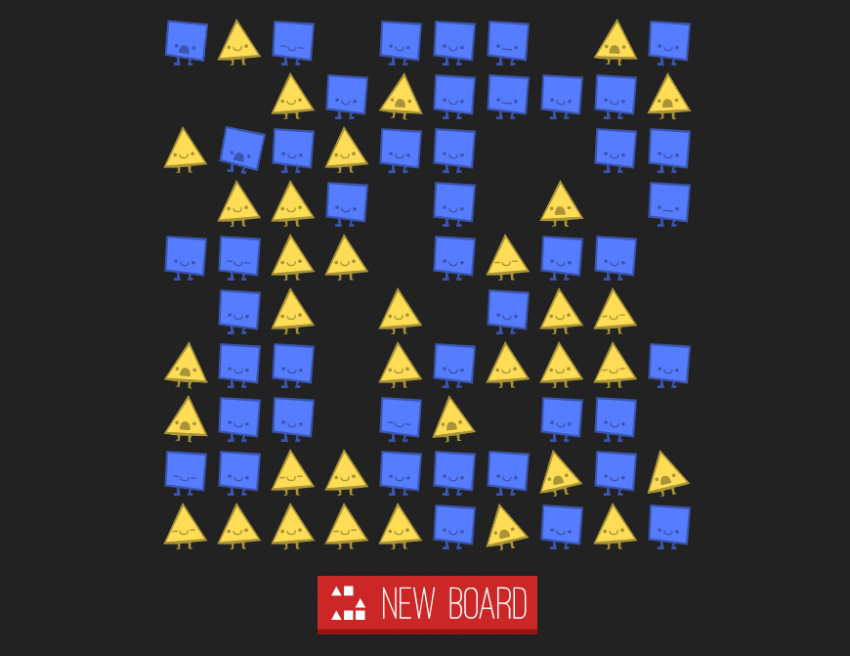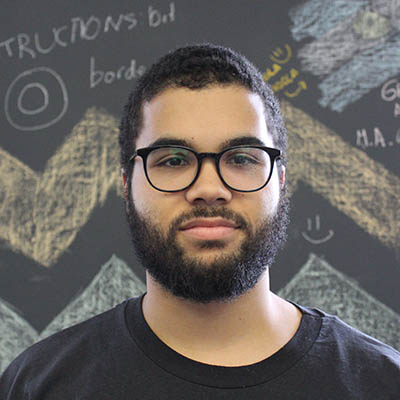I was an avid gamer when I had the luxury of time, which is not an affordance you can indulge when you go to Northwestern. The games I enjoyed the most were those that not only had me immersed in a new world but the ones that had me learning along the way. I can vividly recall enjoying the Assassin’s Creed series because of its (somewhat accurate) historical context. Even though I was fighting as a fictional assassin and scaling the lengths of old Italian architecture to take out my enemies, I was still learning about political power struggle between the Borgia and Medici families.
The fun had me captivated in the world of the game and the developers did a great job of teaching me, the player, about the historical events that took place alongside their story. This wrapping of knowledge in a deeply engaging manor had a profound effect on my interest in that section of history and opened my mind to a subject that I was not the biggest fan at the start.
The education industry has long used games to teach, but as of late we have seen some new ventures into developing them to make lasting learning experiences. Dartmouth’s Tiltfactor lab “investigates the power of story, systems thinking, and empathy to craft powerful experiences that make a difference in people’s lives” and designs games for social impact. The game Layoff was developed in order to study empathy through a game based off the 2008 financial crisis. Players find themselves making decisions about which workers to layoff of to increase the efficiency of the workforce. At the time of its release, many the public felt uncomfortable with the premise of the game rewarding you for laying people off. But this only showed that these decisions are hard to make and ultimately favor those in positions of power above the workers whose jobs were in question.
At MozFest 2015, the Journalism track had a pathway specifically about games and understanding. The introductory session for the pathway, facilitated by ProPublica news apps developer Sisi Wei, was meant to showcase some of the games that have made waves in the journalism world. This was meant to both give us an idea of what news games can be and that they can be anything. As this is relatively new to the industry, publications (and even some individuals with the case of Vi Hart’s and Nicky Case’s Parable of the Polygons) have created everything from texting while driving simulators to swine flu symptom interactive quizzes. While these games are very different from each other, they both help you understand the message that they are trying to convey by playing (pun possibly intended) on your emotions.

The New York Times’ driving simulators leaves players frantic by having them split their attention between operating the car and phone while gradually upping the difficulty of the game by increasing the speed of your driving. Got Swine?, created by Wei and Knight Lab alum Emily Chow during their time at North by Northwestern, educates players about the signs of swine flu while using happy graphics and words to relieve them that either they do not have the illness or that they should be cautious because their symptoms may be caused by something other than that specific strain of flu. This game was released during the swine flu pandemic of 2009, when many people were attributing the symptoms they were experiencing at the time to the H1N1 influenza virus while they were not contracted with the it. With all of the scares happening nationwide, a game like Got Swine? had the approach to both inform and calm the players in a time of mass panic in a fun package.
As game developers get more creative and programming reaches more industries, gamification will become more evident. Games are a way to have people both engaged and guided at the same time while maintaining attention through enjoyment. Other industries could take advantage of this and apply games to help their audience find deeper understanding and learning.
About the author





